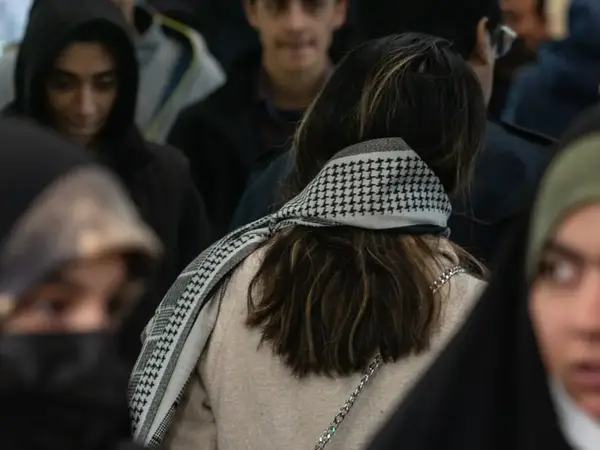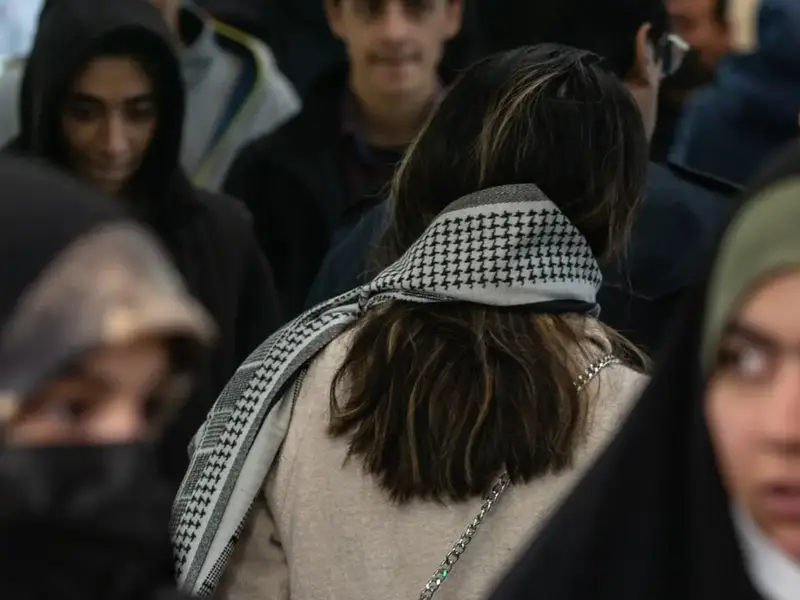Conservative officials and media outlets have scrambled to play down this week's crackdown on women as hijab enforcement police have flooded the streets of Tehran and other cities.
On Saturday, Javan newspaper cited the head of the Iranian judiciary, Gholamhossein Mohseni Ejei, who had called for more vigorous enforcement of hijab laws in early April, as saying in a conference on Friday, "We do not wish to punish anyone who violates the rules on the street," denying the widespread abuse, both physical and verbal which women have reported since last week.
In a seeming bid to calm the tensions on Friday, he said, “We are not free from mistakes, and any possible wrong behavior of the officers will be dealt with.”
On Saturday, Mohammad Safari Malekian, a member of Iran’s parliament, was quoted on state news as saying: “Unfortunately, the country has suffered enormous costs due to the ill-considered enforcement of hijab. Distasteful behavior and an excessive amount of pressure on the issue of hijab will not achieve any results.”
Despite the rise in police violence, the controversial hijab bill officially titled "Protection of Family Through Promotion of Hijab and Chastity Culture" has not yet been passed into law. Despite receiving parliamentary approval in September 2023, the draft was rejected for review by the Guardian Council, which is the ultimate legislative authority.
Last Saturday, police announced the Nour (Light) Plan, a new initiative to enforce hijab wear, following what they claimed to be a "national and public demand."
Ever since then, videos have flooded social media demonstrating the widespread presence of the morality police and their violent crackdown on hijab rebels, driving a massive backlash from women’s rights activists, political commentators, and journalists.
A significant number of morality police forces disappeared from the streets after the backlash sparked by the death in morality police custody of Mahsa Amini, 22, causing widespread protests across the country in 2022.
Reformist media have also continued to voice their concerns. Mohammad-Hadi Jafarpour, who practices law in Shiraz, told Etemad that conservatives should define hijab as a duty rather than law. “In a political regime where laws and rules are defined based on Sharia, it is necessary also to define duties based on Sharia. According to the Quran, as the most substantial document of Islamic law, freedom is the most basic human right,” he said.
While the recent crackdown happened after Supreme Leader Ali Khamenei repeatedly stated that ignoring the hijab is a red line that should not be crossed, an official close to Khamenei quoted him on Friday with an apparent restrained approach.
A deputy chief of the Office for the Preservation and Publication of the Works of the Leader of the Revolution, Mehdi Fazaeli, stated that the leader had cautioned some officials to refrain from taking any "irregular and spontaneous" actions regarding the hijab.

